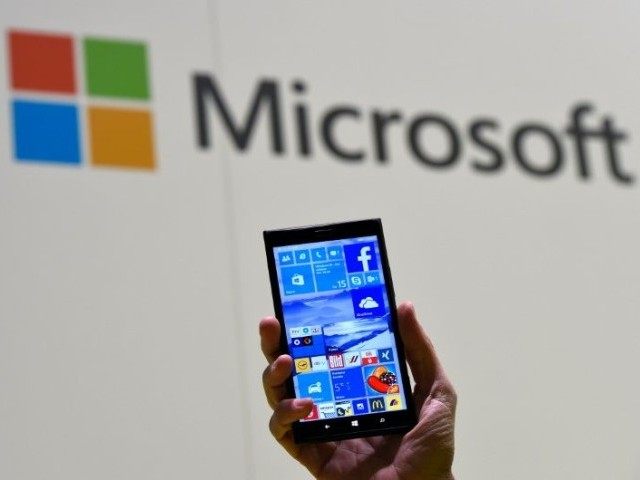TEL AVIV – Microsoft has launched its latest R&D center in the predominantly Israeli-Arab city of Nazareth, 25 years after it opened its doors to the first non-US R&D center in the Jewish state.
“The new site is an additional step in our efforts to integrate Arab engineers in our development enterprise in Israel, and to deepen our activities in the country’s north,” Yoram Yaacovi, the director of development at Microsoft Israel R&D Center, said on Thursday.
According to Yaacovi, Israel’s Arab citizens are a source of untapped potential. Comprising 20% of the total population, nearly 25% percent of the Technion-Israel Institute of Technology’s computer science graduates each year are Israeli-Arabs. However, only a tenth of those graduates end up working in hi-tech.
“We’re striving to ensure that the number of Arab engineers we employ will be close to their relative share of the population,” Yaacovi said.
Microsoft’s two existing R&D centers in Israel employ roughly 1,000 engineers and researchers. The new facility, which like the others will focus on cloud, business intelligence, big data, and personalization, will employ 30 to 50 people to begin with.
Only half of Israel’s schools offer the full range of mathematics courses, contributing to a shortage of engineers. This is felt most acutely among women, Arabs, and the ultra-Orthodox sectors.
According to the Jerusalem Post, Intel and Cisco among others have said the shortage poses a serious obstacle to the Start-Up Nation’s future.
Arabs face various challenges ranging from cultural barriers to the distance between Arab population centers and hi-tech companies. The new facility will alleviate some of those challenges.
Nazareth is already beginning to make its mark as Israel’s newest hi-tech hub. While eight years ago there were only 30 high-tech engineers employed in the city, today there are 800, both Jewish and Arab, 25% of whom are women.
The city regularly hosts accelerators and tech events, and has at least 30 start-ups that receive funding from the Office of the Chief Scientist.
The Israeli government office provides a minimum of 85% of seed funding, or up to 2 million shekels, for start-ups where at least a third of the founders are Arab. Startups comprising mostly of members of the ultra-Orthodox community similarly receive an 85% grant while other population groups get only 50%.
For its part, Microsoft remains committed to forging growth in Israel’s hi-tech sector. Its CEO, Satya Nadella, visited Israel earlier this year and stressed the company’s support of Israel as a source of innovation.

COMMENTS
Please let us know if you're having issues with commenting.